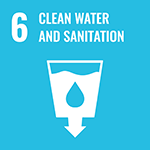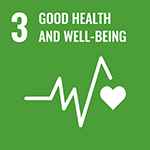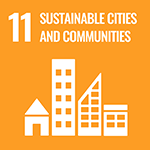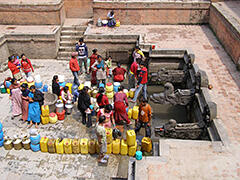Hydro-microbiological Approach for Water Security in Kathmandu Valley, Nepal
Principal Investigator


Prof.
Institute of Engineering, Department of Civil Engineering, Tribhuvan University
Narendra Man Shakya
ODA Recipient Country
Federal Democratic Republic of Nepal
Research Institutions in Japan
University of Yamanashi
Research Institutions in Counterpart Country
Tribhuvan University (TU), etc.
Adoption fiscal year
FY 2013
Research Period
5 Years
Overview of the Research Project
Ensuring water security through an optimal treatment system based on water security diagnosis
This project is creating water security maps of the area surrounding Kathmandu, which has limited energy and water resources, evaluating water by combining three factors?water quantity, quality, and microorganisms. Based on this information, researchers determine the type of water treatment equipment to use, and on what scale to deploy it. With the aim of constructing a small-scale, energy-saving, and highly efficient water treatment system suited to the local conditions of Kathmandu, the project also aims to improve on the speed and functionality of traditional water treatment technologies, which use biofilm, constructed wetlands, and soil/sand filtration.
Turning the Kathmandu model into a global water business!
Moving forward with this research will make it possible to provide a stable supply of safe, secure water to Kathmandu at low cost. Furthermore, if the 'Kathmandu model' established by this research spreads within Nepal and throughout Asian nations with similar regional conditions, it can be developed as a new brand into a global water business.
Photo gallery
Research Project Web site
Press Release
Links
Projects
Contact Us
Japan Science and Technology Agency (JST)
Department of International Affairs
SATREPS Group
TEL : +81-3-5214-8085
Related articles by Category
- Global-scale environmental issues
Environment / Energy
(Global-scale environmental issues)
 Kingdom of Thailand
Kingdom of Thailand
“Natural rubber seeds”, the unlimited potential hiding in natural rubber plantations
Utilization Technology of Rubber Seeds for Green Products to Mitigate Global Warming and Plastic Pollution
- Nepal
Disaster Prevention and Mitigation

 Federal Democratic Republic of Nepal
Federal Democratic Republic of Nepal
Prepare Kathmandu Valley of Nepal for a future earthquake disaster!
Integrated Research on Great Earthquakes and Disaster Mitigation in Nepal Himalaya
- Asia
Environment / Energy
(Carbon Neutrality)
 Kingdom of Cambodia
Kingdom of Cambodia
Using water management to reduce methane emissions from rice paddies!
Development and Social Implementation of Greenhouse Gas Emission Reduction Technologies in Paddy Fields of West Tonle Sap Lake by Establishing a Large Paddy Area Water Management System
- SDGs : Goal.6
Environment / Energy
(Global-scale environmental issues)
 Republic of Zambia
Republic of Zambia
Experienced, not taught - Realizing safe water, sanitation and hygiene in Africa
Risk-based Participatory WASH Planning and Citizen-data WASH Statistics for African Peri-urban Settlements





















